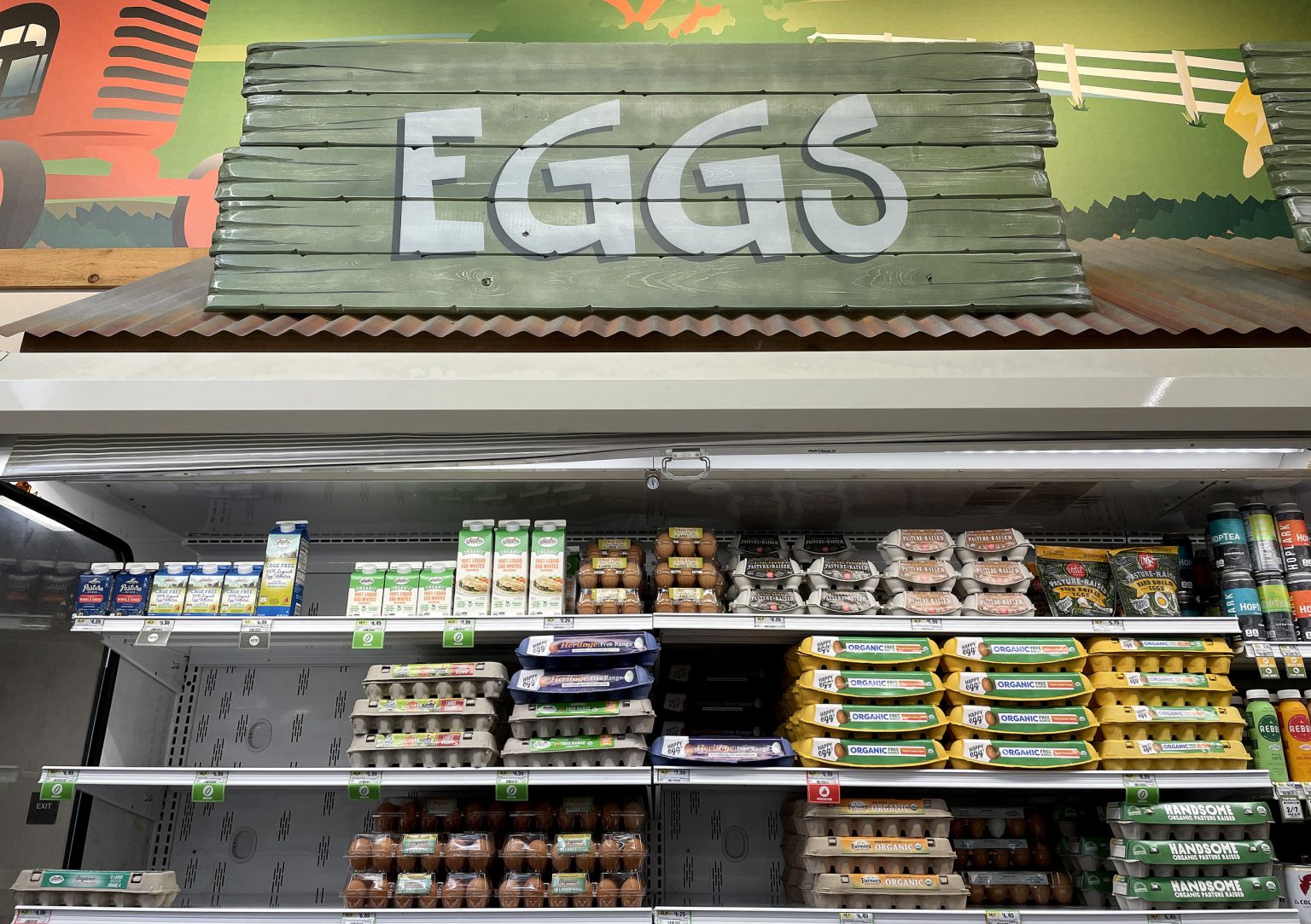The price of eggs could increase following the halt of operations at Cal-Maine Foods, a major egg producer in Texas, due to avian flu detection. This led to the depopulation of over 1.6 million laying hens and nearly 340,000 pullets, which is around 3.6 percent of the company’s flock. This situation could impact egg supply and pricing, although the exact timing of these effects remains uncertain. Maurice Piteski, a poultry expert at UC Davis, stated that losing nearly 1% of the laying hens in the US could affect supply and demand significantly.
The temporary cease in operations at the facility in Texas may disrupt the supply and demand equation, potentially leading to increased egg prices. Piteski noted that the affected facility was one of the largest in the country and losing less than 1% of the laying hens could affect supply, resulting in higher prices. Other factors affecting prices include feed costs and seasonality, with demand typically increasing during holidays like Easter. While the facility hit by avian flu was substantial, experts cautioned against expecting significant price hikes during the downtime.
Despite the sizable impact of the avian flu outbreak on the Texas facility, experts like David P. Anderson from Texas A&M University suggested that the rise in egg prices may not be substantial. He estimated a possible increase of around 2 cents per dozen due to the reduced production, which may not be easily noticeable by consumers. Anderson highlighted that the US egg market is in a better position to withstand production disruptions, with higher productivity and lower feed costs contributing to stable prices compared to the previous year.
Maro Ibarburu from the Egg Industry Center at Iowa State University highlighted that the timing of the avian flu infection, following the Easter holiday season, could help limit the impact on egg prices. The decrease in demand post-holiday, paired with the relatively small supply reduction in the larger picture, may keep the egg market steady during this period. Cal-Maine Foods reported a decline in sales revenue for the third quarter of fiscal 2024 due to decreasing egg prices, although market prices have increased recently due to the impact of avian flu and seasonal fluctuations.
Cal-Maine Foods reported a drop in sales revenue for the third quarter of fiscal 2024 primarily due to lower egg prices compared to the previous year. However, the company noted that market prices increased sequentially in the third fiscal quarter as a result of the recent avian flu impact and seasonal variations. The net average selling price per dozen for conventional eggs was $2.15, down by 41.5% from the same quarter last year. Specialty eggs were sold at $2.42 per dozen compared to $2.62 the previous year. Despite the challenges, market experts believe that the US egg market should remain stable during this time, with factors like productivity and lower feed costs contributing to price stability.


